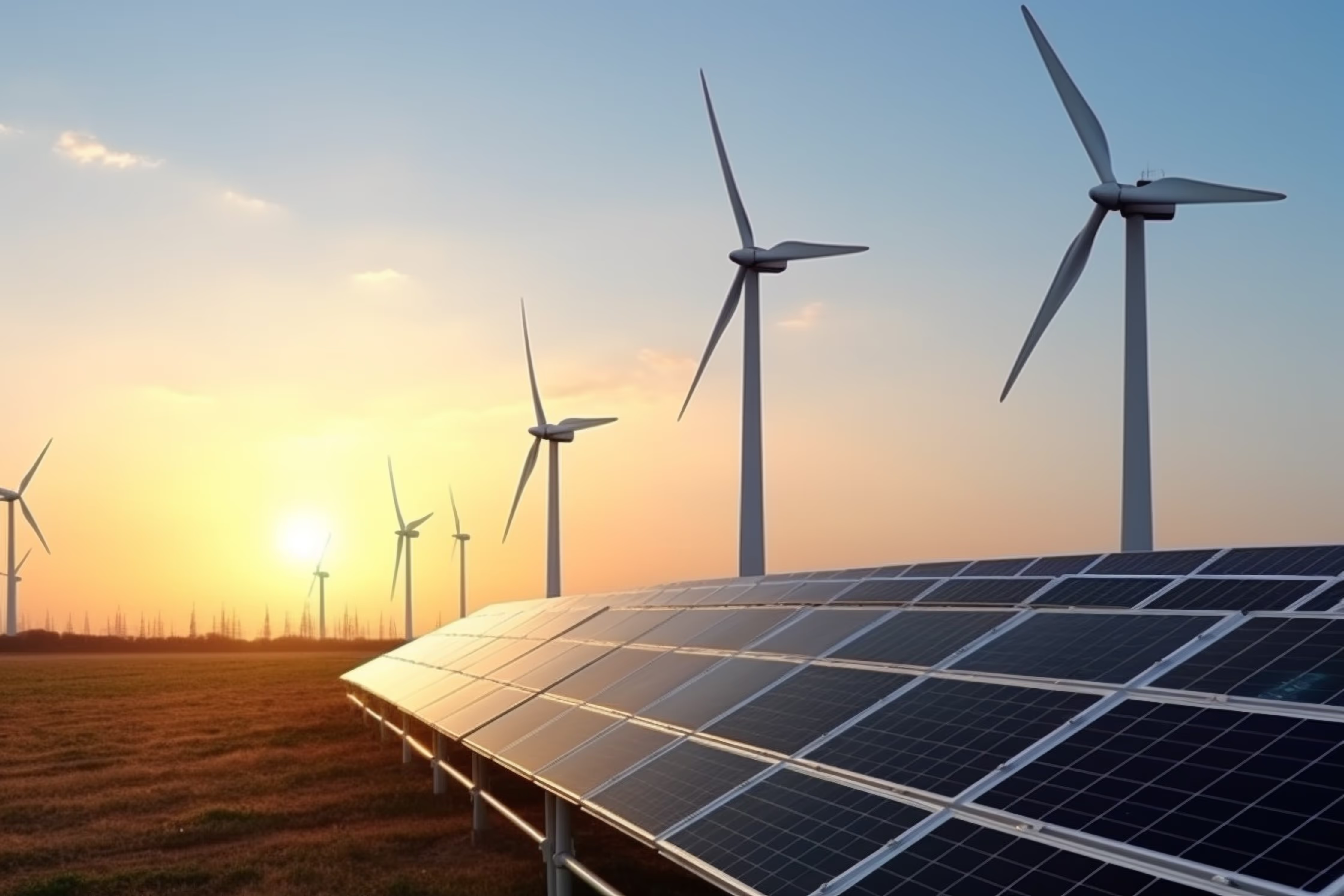Passive income: Citizen participation offers opportunities for private investors

Many investors understand passive income to mean dividends, stock returns, rental income, or advertising income. But wind turbines or solar parks can also “work for you.” Find out how attractive revenues can be generated with the largely unknown, financial participation of citizens and what needs to be considered.
What are citizen participation?
Passive income is a constant source of money that, after initial investments, can be obtained with little or no additional effort and covers at least part of the monthly living costs on an ongoing basis. In addition to the more well-known forms of passive income mentioned above, financial citizen participation is also “on the rise”. Denn Citizens' participation in state or municipal measures has been gaining in importance in Germany for decades. For good reasons: On the one hand, residents should be given more personal responsibility and say in shaping local processes, and here decisively within the classic municipal tasks of “matters of the local community”. On the other hand, citizens are also financially challenged in times of empty coffers — and receive a return on their investment as part of financial citizen participation, which can certainly be attractive.
Financial citizen participation includes the voluntary provision of the own financial resources of residents or other investors to fulfill public tasks. This can be done by providing funding for a limited period of time or by acquiring shares in municipal companies or projects.
Within the The following options are usually differentiated between financial citizen participation:
- cooperatives: Citizens can become members of an energy cooperative by buying shares. Through this membership, they have a say and can participate in the economic success of the cooperative.
- Crowdfunding: Investors can collect money for specific projects via online platforms. This enables a large number of people to invest with small or larger amounts and thus support projects.
- Direct investments: Investors can invest directly in renewable energy projects, for example by acquiring shares in wind farms or solar systems. These investments may vary depending on the size of the project and yield direct financial returns or dividends.
- Bonds and loans: By buying bonds or granting loans to energy projects, investors provide capital for the project. These financing options often offer fixed interest rates or repayment of invested capital over a fixed period of time.
- Subordinated loans: Citizens can also provide subordinated loans, which, in the event of project insolvency, will only be repaid after other creditors. This form of financing involves a higher risk, but can also offer attractive interest rates.
Which citizen participation projects already exist?
Citizen participation is particularly widespread in projects involving renewable energy, energy saving and real estate. This not only benefits the environment, but also citizens, who share in the economic success and at the same time support the energy revolution. Specifically, municipal utilities and energy companies, among others, have citizen participation in their program. Die EnBW (Energie Baden-Wuerttemberg) offers interested citizens, for example, a financial contribution to a solar or wind farm. This works via a partner company's platform, on which interested parties can obtain information and register. EnBW offers the prospect of a fixed term and interest rate for citizen participation in the form of a loan with qualified subordinate rank.
Die Stadtwerke Konstanz is also focusing on promoting renewable energy and at the same time enable their customers and external investors to directly participate in the city's second, pioneering solar power project to date. It underlines Stadtwerke Konstanz's commitment to sustainable energy supply and strengthens the regional economy by expanding local renewable energy sources. This is because investing in PV roof systems not only makes economic sense, but also makes an important contribution to climate protection by reducing CO2 emissions and reducing dependence on fossil fuels. In contrast to the EnBW model, Stadtwerke Konstanz also allows non-residents to invest in citizen participation.
How profitable is citizen participation?
In the case of a Participation in the form of a subordinated loan in the Häusern wind farm According to EnBW, investors, for example, have the option of investing from 500 euros. There is an interest rate of 5.75% p.a. over a period of seven years. However, only residents with a primary or secondary residence in the municipality are eligible to sign. Stadtwerke Konstanz offers different interest rates for customers and non-customers for their solar park citizen participation: “ÖkostromPlus customers” should receive 3% interest, 2.5% all other investors.
What should interested investors consider?
The range of financial contributions from citizens is constantly growing in Germany. However, as with any form of investment, interested investors should first obtain good information about the provider and the seriousness of the offer. Many financial contributions from citizens are also subordinated loans. As the name suggests, in the event of insolvency of the project company, the promised interest payments and the repayment of the loans made available will be treated as subordinate. First, creditors, such as banks, would therefore be served without a drop in rank.



